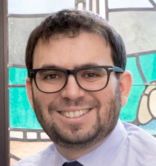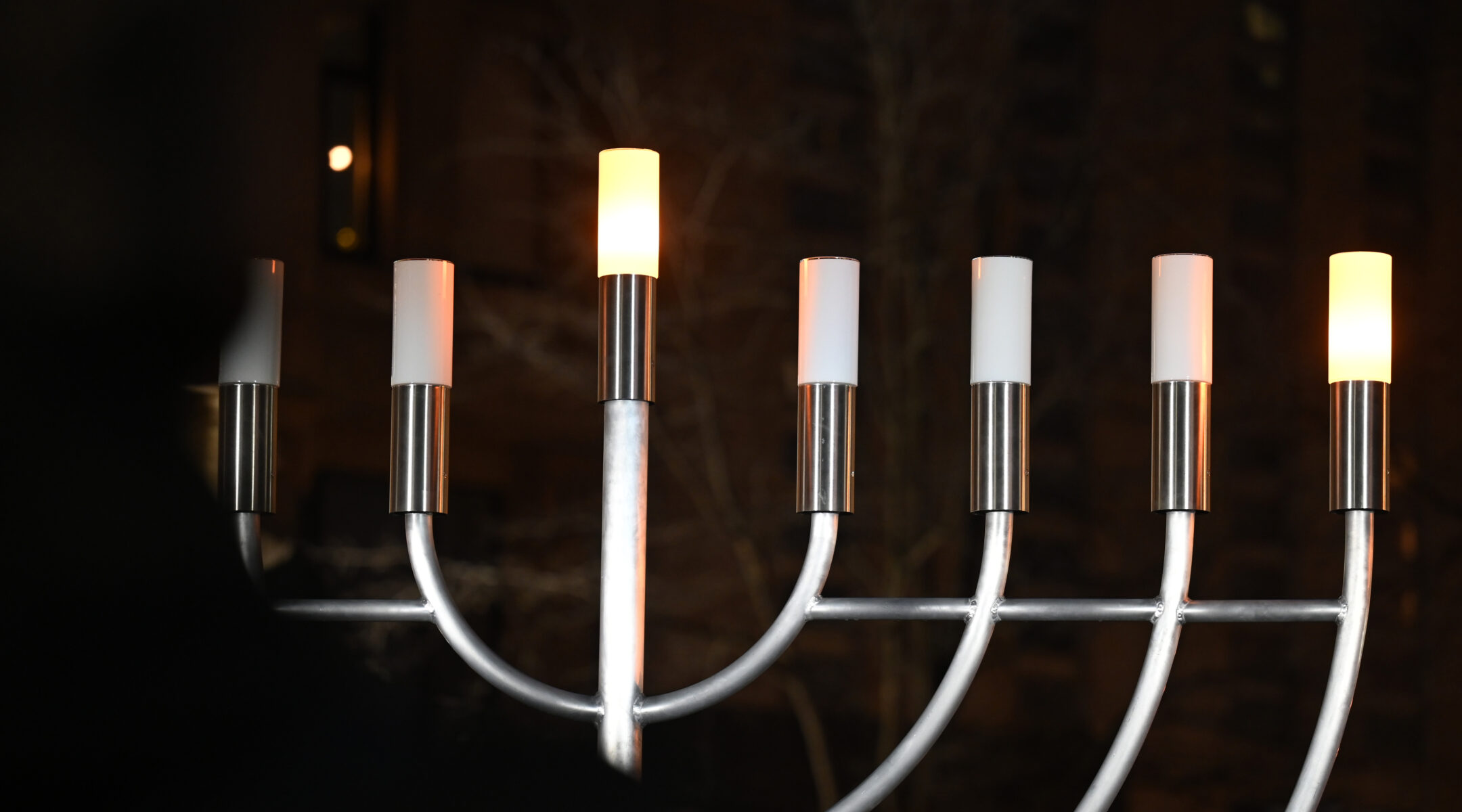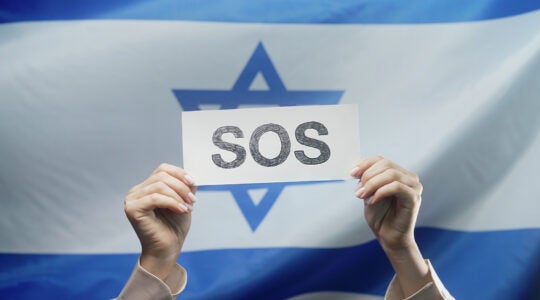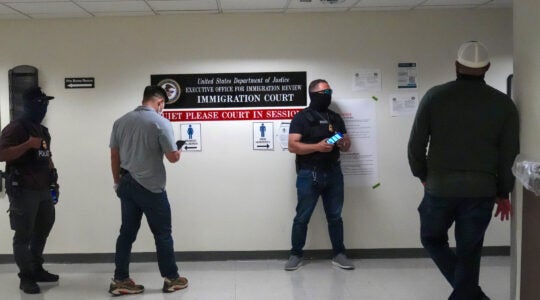(JTA) — We need a do-over for the last two months since Oct. 7.
Of course we’d all love a time machine to take us back to that morning, to avert the horrors that would unfold in Israel. But that’s not what I mean. Let me explain.
In the book of 2 Maccabees — one of the main texts about the events leading to Hanukkah — we read a letter of Judah the Maccabee. In it, he says that, because the Greeks desecrated the Temple before Sukkot, the Jews were not able to celebrate Sukkot that year. But now since reclaiming the Temple, he says, we are going to celebrate Sukkot in Kislev. Basically: the Greeks forced us to reschedule Sukkot to December.
Hanukkah — which means dedication, and refers to a dedication of the Temple that traditionally happens on Sukkot — is the holiday of do-overs.
Later in history, in the early modern period, Hasidic writers would say that Hanukkah represents the real closing of the gates at the end of the High Holidays. Not Hoshanah Rabbah (which this year was Oct. 6), but Hanukkah represents the end of the High Holiday period.
For me, the attacks of Oct. 7, occurring at the very end of the High Holiday period, served to displace the ending of that period. There was no ending — we just went forward into a horrifying future. Many people have reported that in places like Kfar Aza and Kibbutz Beeri, there are still Sukkot standing — also in other places in Israel — there was no pause at the end of this holiday season.
Hanukkah is a holiday specifically designed to give the Jews a “do-over” in a year when our Sukkot and end-of-holiday feeling was ruined by a war. It is, honestly, strangely and perfectly resonant right now.
And as we start Hanukkah, I want to suggest some ways that we can experience this holiday as a bit of a “do-over” — that we can “celebrate Sukkot in Kislev.”
First, we can allow ourselves to detach from the news in one way or another. Maybe deleting Twitter from your phone, maybe turning off the TV, maybe maybe using your phone’s settings to limit the amount of time it lets you spend on a given app.
Second, we can allow ourselves to feel joy. We need to feel joy. We need to feel a sense of celebration. It’s not a betrayal of memory or of what is going on — it’s actually a way of connecting, a way of saying, “We Jews feel joy even in a time of stress, we bring light even in a time of darkness.”
Third, we can be proud and not afraid. The core mitzvah of Hanukkah is lighting a menorah in front of one’s house so that we can “publicize the miracle.” So put a menorah in your front window and proudly express your Judaism. Don’t be deterred by Jew hatred to cower. Hanukkah represents precisely the creation of a space to bring light despite the many fears and challenges around doing so. Celebrate it proudly.
May this Hanukkah, two months to the day since Oct. 7, be a holiday in which we fill our lives with light.
JTA has documented Jewish history in real-time for over a century. Keep our journalism strong by joining us in supporting independent, award-winning reporting.







